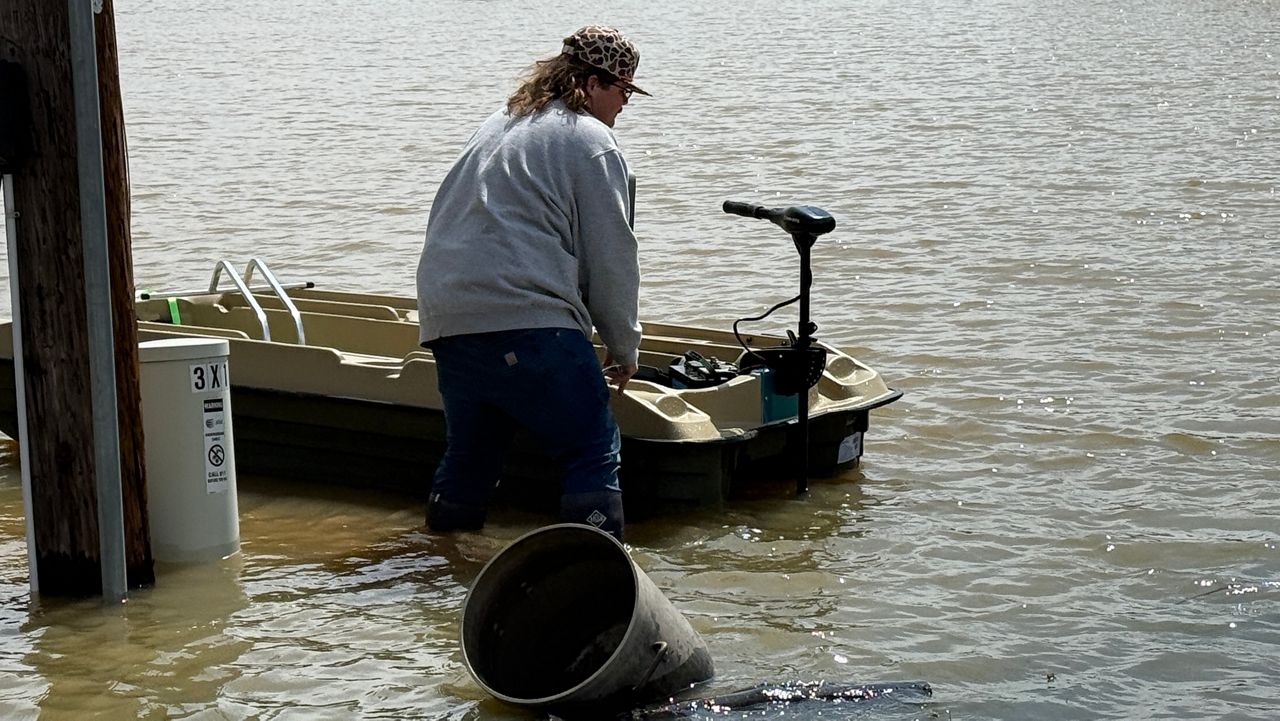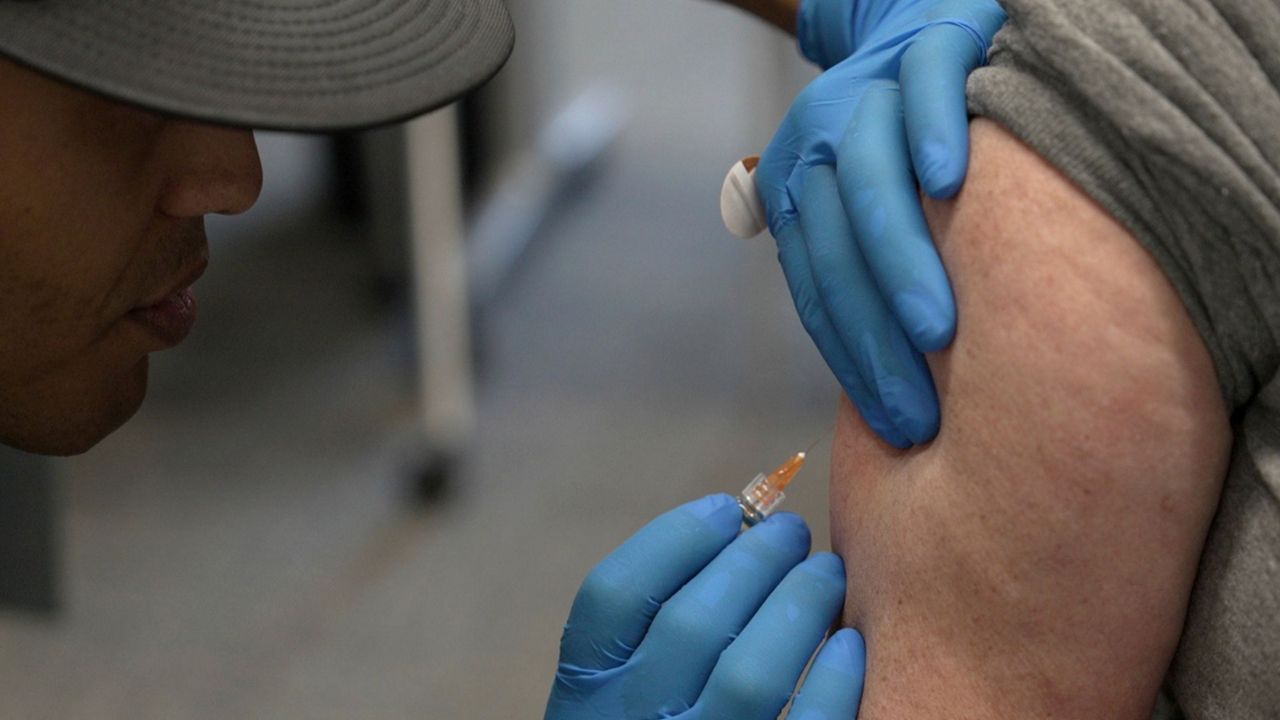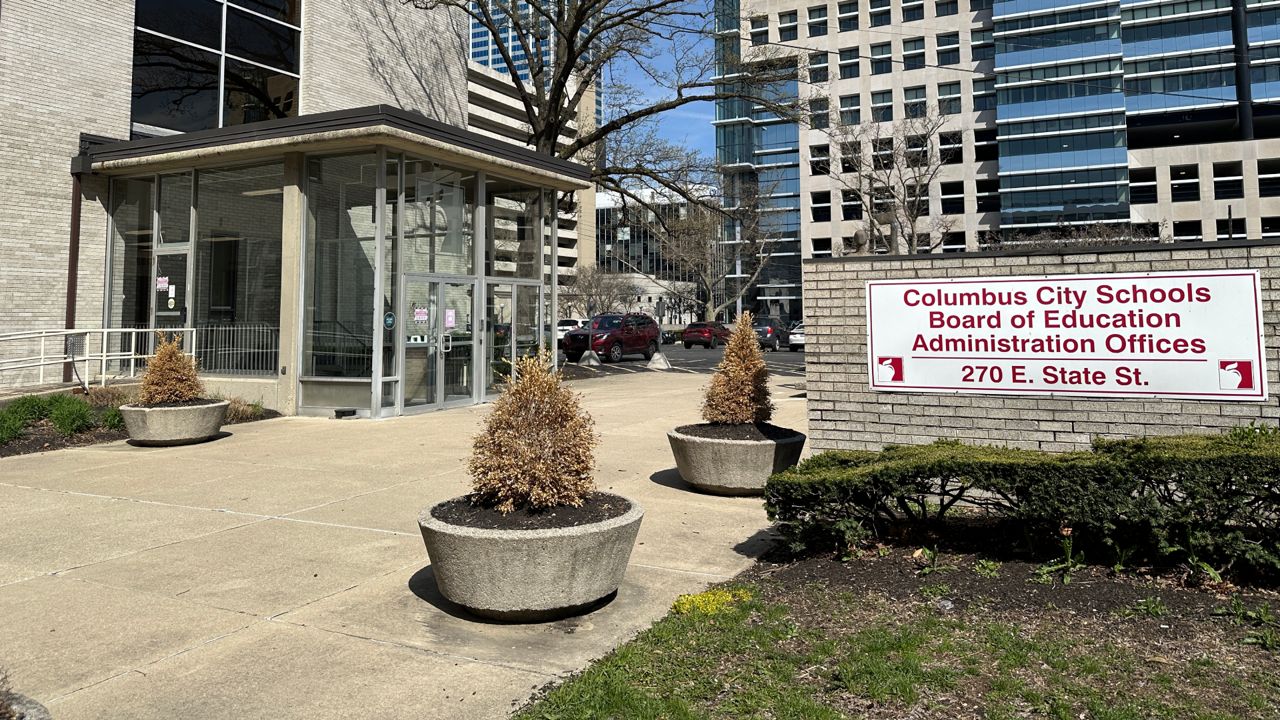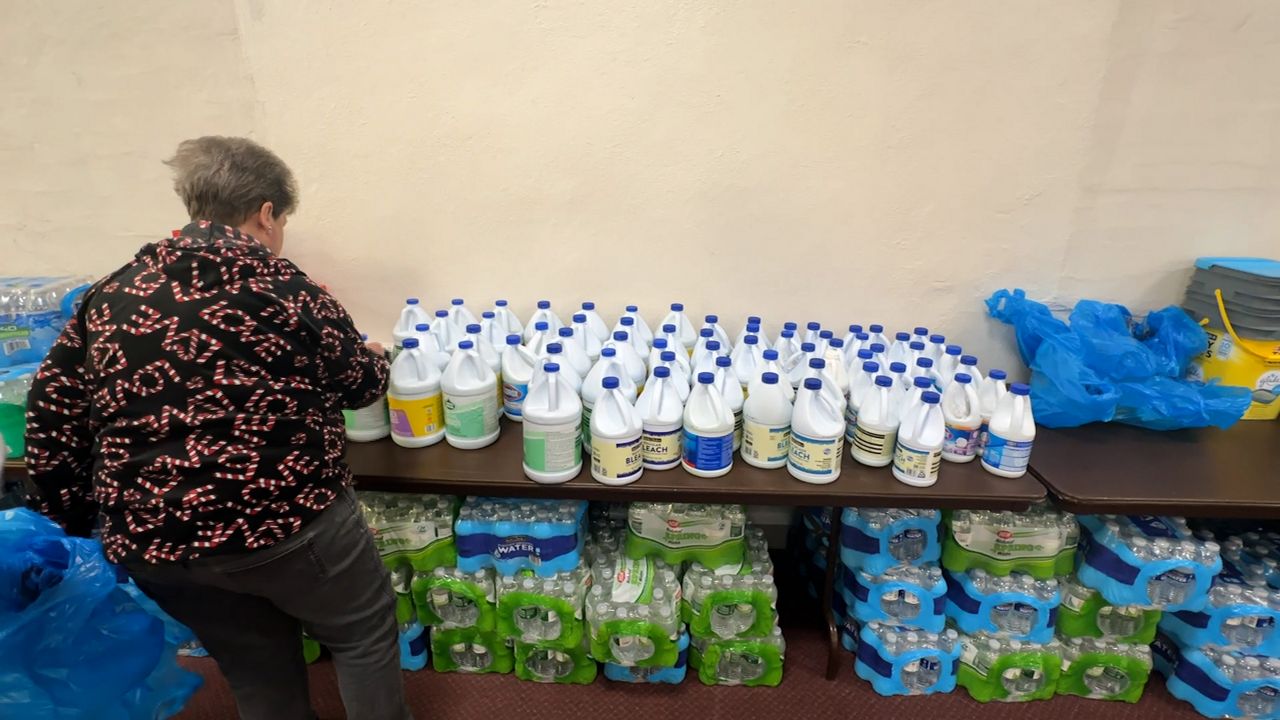CUYAHOGA COUNTY, Ohio— In Cuyahoga County, some people who land behind bars on drug charges end up finding themselves in a court that could save their life.
And with a judge that refuses to judge someone on their past, and instead, rules with compassion.
- In 2017, Ohio was second in the nation for overdose deaths involving opioids
- A first of its kind court is making a difference in the path to recovery
- Recovery Court helps treat addiction and mental illness using a holistic approach
Jason is facing two drug charges following an overdose where he was hospitalized.
“I want to get help. I don’t want to keep doing this,” said Jason.
For Jason, it’s not just the heroin, but the trauma.
But now he’s getting the chance to treat both, with Recovery Court.
The intensive program is now in its 4th year in Cuyahoga County.
It’s the first Supreme Court-certified, dual diagnosis docket for mental health and addiction in Ohio.
The Recovery Court team includes a prosecutor, a defense attorney who is also in recovery, clinicians, and probation officers.
"They fight for us when we're not fighting for ourselves," said Joanie Collins, Recovery Court graduate.
The majority of clients, as they're called, are sent to a residential treatment center that will also treat any trauma.
“It's a whole team that is not just looking at this little aspect that I did drugs,” said Michael Kvasnicka, Recovery Court graduate. “The program demanded that I go to the dentist and get my teeth fixed. It demands that people get a GED."
From education to employment or volunteering, ensuring graduates are set up for a real future off the streets.
"It really holistically looks at a person's life and all the inequities that they possibly have, so that when they emerge from this program, they're educated… they're stable," said Kvasnicka.
And while they are seeing so many success stories, like Recovery Court graduate Dominic Stabile— now 3.5 years sober—not everyone can be saved.
"To quiet that noise in their head and thinking drugs were going to do that. And it did. It quieted them permanently," said Stabile.
Cuyahoga County Common Pleas Judge Joan Synenberg says this disease doesn’t discriminate—it can affect anyone.
“You can see completely successful people that have no desire for this, people who don’t want this,” said Synenberg. “This disease touches anybody… no one is invincible.”
According to Synenberg, another killer with this disease is the "junkie" stereotype associated with addiction—that they should just be locked up and thrown away.
But this judge wants to remind people it is a disease—a disease that needs treatment to fix what broke in the first place.
“What’s unusual about Recovery Court is that we see people who are criminal defendants and so often they seem like victims,” said Synenberg. "A young woman whose mother was missing…and at the same time we had a lady on our docket whose daughter was missing. We had a gentleman on our docket whose trauma stemmed from his girlfriend, who was also an addict, jumping in front of a moving train to commit suicide. There could be someone that gets them addicted, really know how to sell them, groom them,where that person is then held captive, whether it’s a hotel room, an apartment."
For Collins, her trauma came from the man who was supposed to protect her.
"I was physically, sexually, abused by my father," said Collins.
Still, she never thought she would become a heroin addict, which started with Percosets to help with back pain.
"Addiction touches every corner of every class of people,” said Collins. “I've seen people lose everything, including myself. Because I owned two homes and I had 4 cars and I did well for myself and I'm educated. It is a disease and it's not just a choice. We lost our power of choice when we picked up and our addiction took grab of us."
Kvasnicka calls addiction a cycle of misery.
"I started using drugs in college and it just progressed after 15 years," said Kvasnicka.
Stabile used drugs and alcohol for 31 years beginning when he was 11.
"My father fell down a flight of stairs drunk. Died in front of me. My mother was in active addiction,” said Stabile. “We both went out and overdosed and I woke up and she didn't. And I still didn't get sober. My soul hurt. Drugs and alcohol were the solutions to my problems."
But he says he could still never quiet his pain.
He overdosed more than 20 times and spent over 10 years of his life behind bars.
But then the father of three found himself in front of Judge Synenburg.
“I never had a judge come off the bench and hug me. Ever. Judges don't give me hugs, they give me years," said Stabile.
Finally treating his trauma was the key to breaking the addiction cycle.
This day in court, he got another hug, but this time as a visitor.
And this judge not only hugs, but applauds every success, and believes the love she shows makes a difference.
“What we show them comes from the heart, it is real,” said Synenberg. “My mom used to say it’s the unlovable who need our love the most. I really believe that with a supportive community and an approach of love and caring that people can recover. Recovery works."
Kvasnicka now wants to get his masters in social work and give other people hope in recovery.
Collins built her book back up as a high-end hair stylist.
And Stabile owns a construction business and hires people in recovery.
"My daughters are graduating from college…my son is doing well. My wife got sober. Those are all blessings I wouldn't have if it wasn't for starting right here," said Stabile.
Data shows by the time people leave Recovery Court, they are finding real stability.
Researchers at Case Western Reserve University have followed nearly 200 participants during their time in the program.
They've showed decreases in substance use and arrests—and a drastic increase in employment and maintaining a stable living environment.
The court team says this year, they've had kids reunited with their parents, utilities getting turned back on, clients getting drivers licenses— the list goes on and on.










